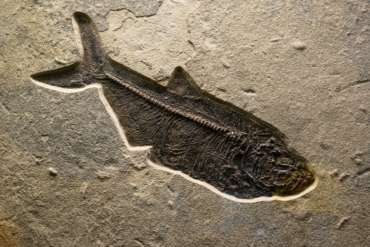Archaeology of the self is the process of exploring and excavating one’s own personal history, beliefs, emotions, and behaviors. It is a journey of self-discovery and self-awareness that involves examining the layers of one’s own identity to understand oneself better. I can attest to the importance of the archaeology of the self in personal and professional growth, as well as its role in creating more effective and compassionate interactions with others.
In today’s world, it’s easy to get caught up in the hustle and bustle of life, to be so busy with work, family, and other obligations that we forget to take the time to reflect on ourselves. However, the importance of self-reflection and self-awareness cannot be overstated. Through the archaeology of the self, we can better understand our own biases, limitations, and strengths, which in turn allows us to recognize and navigate the complexities of the world around us.
When we take the time to dig deeply into ourselves, we can uncover our personal values, beliefs, and biases. This process helps us to become more conscious of how our experiences, beliefs, and perspectives shape our understanding of the world. By examining our own biases and beliefs, we can work to overcome them and become more open-minded and accepting of others. This is especially important for those who work with others in any capacity, as it helps to create a more inclusive and respectful environment.
The archaeology of the self also allows us to understand our own emotions and how they impact our interactions with others. By examining our emotional triggers and patterns of behavior, we can learn to recognize when we are reacting emotionally and how to respond in a more rational and productive manner. This is crucial for anyone who works with others, as emotions often play a significant role in interpersonal interactions. By understanding our own emotions, we can develop better communication skills, build stronger relationships, and become more effective at resolving conflicts.
Furthermore, the archaeology of the self can help us to understand our own personal history and how it has shaped us. This process involves exploring our family background, cultural heritage, and personal experiences to gain insight into our own identity. By understanding where we come from, we can better understand who we are, and how we relate to others. This is especially important for those who work with diverse populations, as it allows us to be more culturally sensitive and aware of the impact of our words and actions on others.
The archaeology of the self can also help us to understand our own strengths and weaknesses. By examining our own skills, abilities, and personality traits, we can identify areas where we excel and areas where we need to improve. This process of self-discovery can help us to set personal and professional goals, and to develop a plan for achieving them. This is important for anyone who works with others, as it allows us to identify areas where we can provide the most value and to develop skills that will enable us to better serve those we work with.
The archaeology of the self is an important process for anyone who works with others, whether in a personal or professional capacity. By taking the time to dig deeply into ourselves, we can become more self-aware, more open-minded, and more effective at interacting with others. The process of self-reflection and self-discovery is not always easy, but it is a journey that is well worth taking. By understanding ourselves better, we can create a more compassionate and inclusive world for ourselves and for others.

